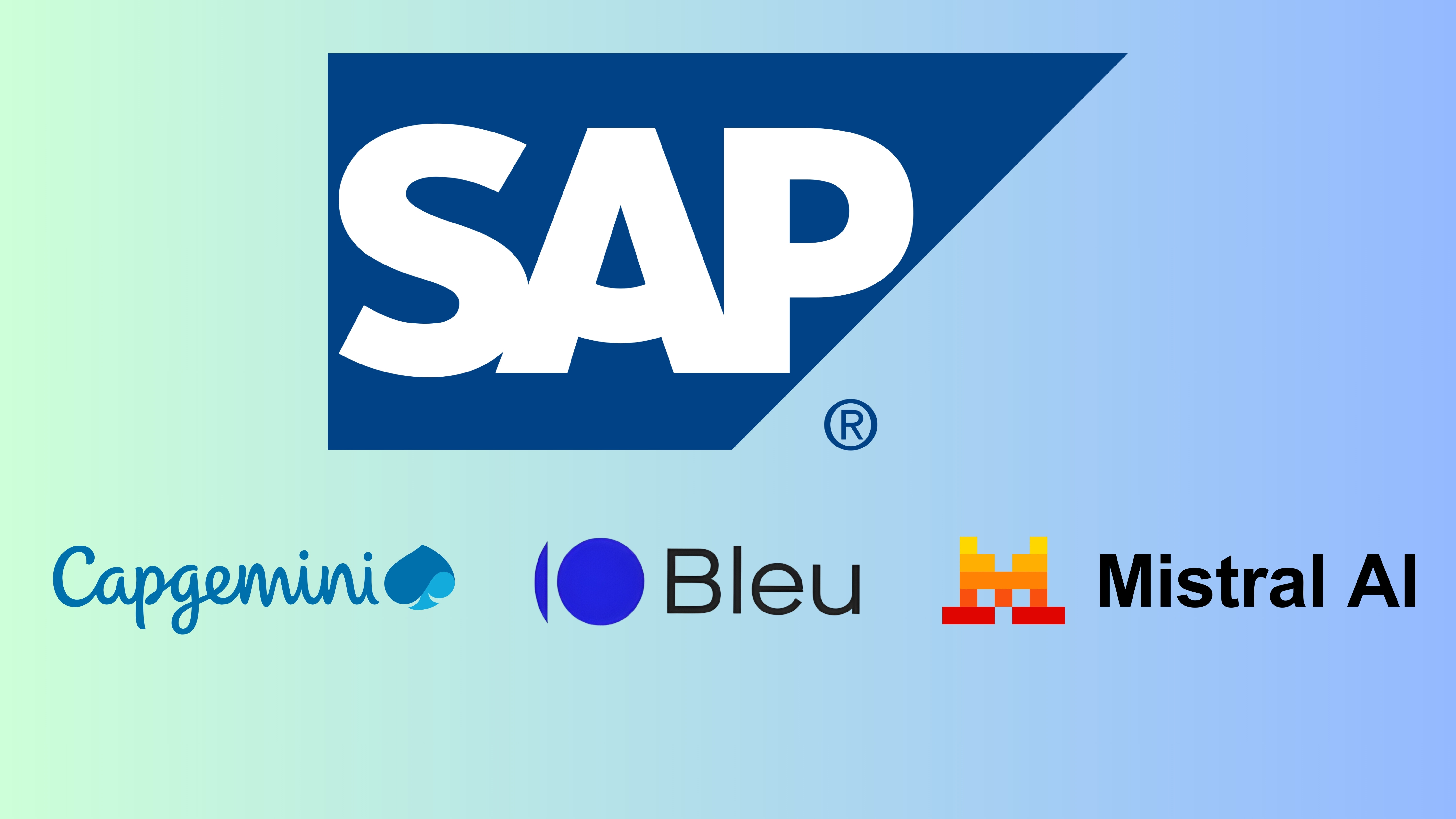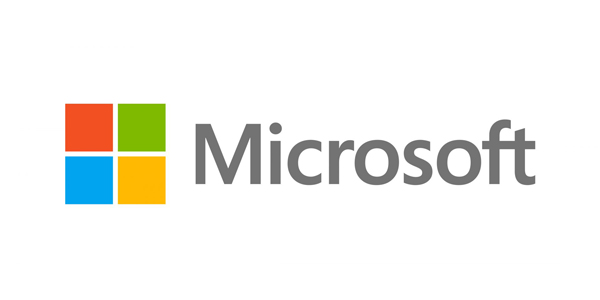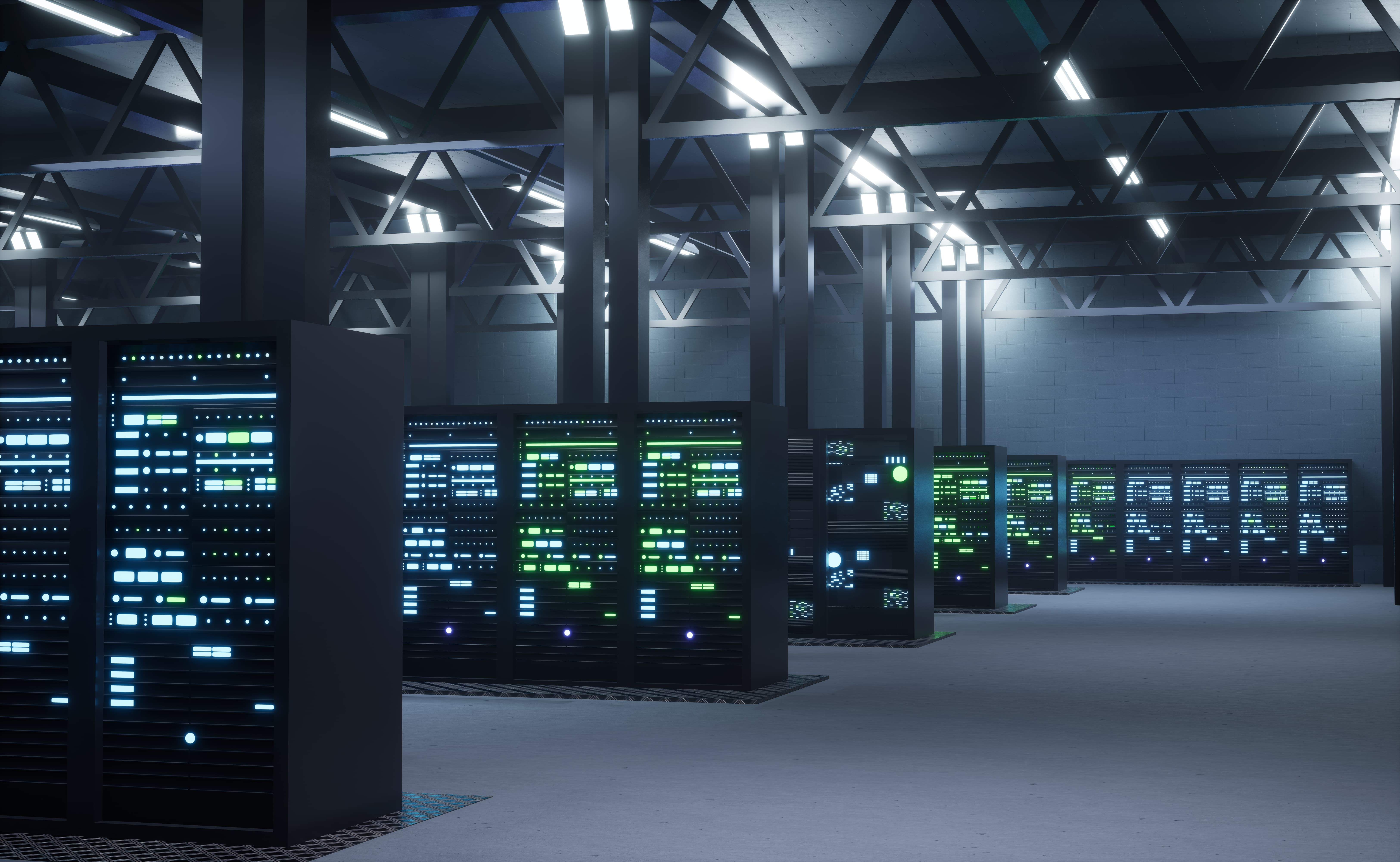European regulators have launched three market investigations into cloud computing amid growing concerns about sector concentration.
The European Commission will assess whether Amazon Web Services and Microsoft Azure should be designated as gatekeepers for their cloud services under the Digital Markets Act, despite not meeting the formal threshold criteria.
Officials argue that cloud infrastructure now underpins AI development and many digital services, so competition must remain open and fair.
A move that signals a broader shift in EU oversight of strategic technologies. Rather than focusing solely on size, investigators will examine whether the two providers act as unavoidable gateways between businesses and users.
They will analyse network effects, switching costs and the role of corporate structures that might deepen market dominance. If the inquiries confirm gatekeeper status, both companies will face the DMA’s full obligations and a six-month compliance period.
A parallel investigation will explore whether existing DMA rules adequately address cloud-specific risks that might limit competition. Regulators aim to clarify whether obstacles to interoperability, restricted access to data, tying of services and imbalanced contractual terms require updated obligations.
Insights gathered from industry, public bodies and civil society will feed into a final report within 18 months, potentially leading to changes via a delegated act.
EU officials underline that Europe’s competitiveness, technological resilience and future AI capacity rely on a fair cloud environment. They argue that a transparent and contestable market will strengthen Europe’s strategic autonomy and encourage innovation.
The inquiries will shape how digital platforms are regulated as cloud services become increasingly central to economic and social life.
Would you like to learn more about AI, tech and digital diplomacy? If so, ask our Diplo chatbot!









